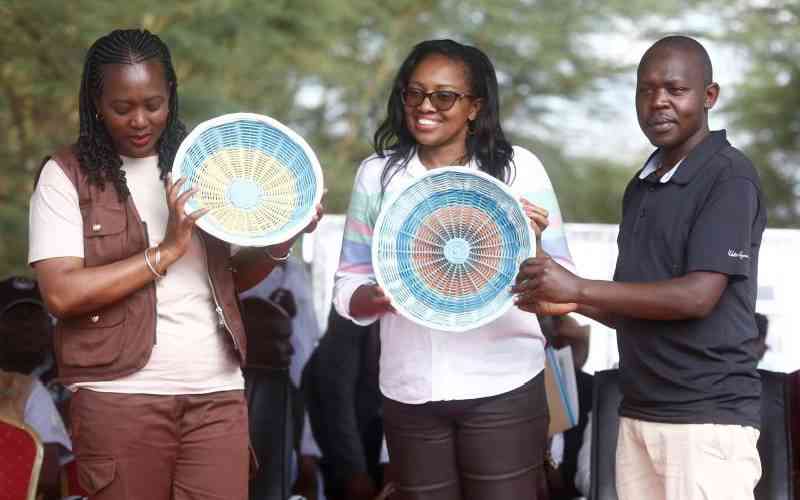
President William Ruto, probably out of frustration, said organisers of the COP28 should consider making it the last such meeting since all that could come out of it is the pollution from vessels that will take delegates to Dubai in November, 2023.
Dr Ruto is somewhat right. Little has been achieved in terms of impact on climate change and COP27 turned out to be a lamentation of countries from the Global South that they were not getting funds that were promised during the COP26 meeting. During that climate change conference, it was agreed that as a matter of urgency, countries should strive towards securing global net zero by 2050 and keep the 1.5 degrees within reach.